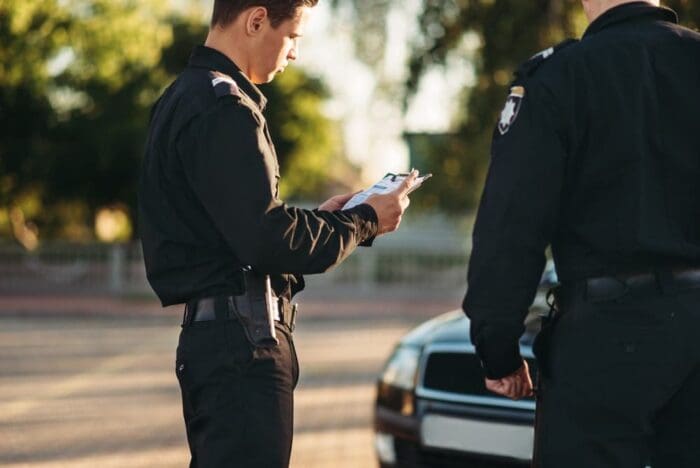Traveling to a different state or country means going to a place with different laws. Unfortunately, if you are not aware of these laws or choose to break them, you could be facing legal trouble in a foreign place.
Being arrested in a different country could be one of the most stressful experiences you face. The fear and confusion that come with an arrest are intensified by the unfamiliar legal system and potentially significant language barriers. However, there are several steps you can take to protect your rights and navigate the situation as effectively as possible.
Know Your Rights
You have the right to remain silent, the right to an attorney, and possibly more rights according to local laws. Be sure to exercise these rights and request legal representation as soon as possible. If you are in a foreign country, you likely have the right to contact your embassy or consulate.
Immediate Steps to Take
First and foremost, never resist arrest. Even if you believe you have been wrongly accused, resisting arrest will only add to your charges. Stay calm and comply so that you can think clearly and have better interactions with law enforcement.
Contact Your Embassy or Consulate
If you are not in your home country, your first step should be to notify your embassy. Embassies and consulates can provide assistance and ensure your rights are respected. They can also help you find local legal aid and explain the local legal process.
Secure Legal Representation
Whether you are in a different state or different country, you absolutely need to find legal representation. In America, most lawyers offer a free initial consultation so they can better understand your case and ensure they can help. Colorado Springs criminal defense lawyers Anaya & Chadderdon recommend scheduling a few consultations to determine who you think will best represent your case. There will certainly be costs involved after the free consultation, but it’s important to work with a local attorney and not face your charges alone. This is even more important when traveling because you won’t be knowledgeable about all of the local laws.

Understand the Charges
Understanding your charges can be difficult, especially if you aren’t sure what law you broke. If you don’t understand the local language, ask for an interpreter or translation services. Be sure to ask for clarification so that you understand exactly what you are being charged with. Also, you should not sign any documents or make any statements until you have legal representation.
Communication and Support
Don’t let shame or fear of judgment allow you to face your criminal charges alone. Gathering all of the support you can during this difficult time is important. Contact family or friends back home so they can offer support and help coordinate assistance. You can also find support groups and organizations that specialize in helping arrested foreigners.
Financial Considerations
Beyond the immediate emotional impact of getting arrested, there are also significant financial considerations to be aware of. Here are some key points to remember.
Bail: If bail is offered, it’s important to understand the process and how to secure it. This may involve contacting family or friends or using a bail bond service. Be aware that bail can be a significant financial burden, and you may need to provide collateral to secure it.
People arrested in Osceola County, Kissimmee immediately look for Kissimmee bail bonds that can help get them out of jail and back to their homes until the court date. Further, if you are traveling internationally, your bail may be significantly higher than it would be in your home country.
Legal Fees: Legal fees can also be substantial, especially for complex cases or if you require representation for an extended period. Consider exploring legal insurance options before traveling or contacting your embassy or consulate for assistance in finding affordable legal representation.
While credit cards and traveler’s checks can certainly be used to pay for legal services, you should also consider telling a trusted contact back home about your travel plans, including your itinerary and financial information. They can be invaluable in assisting you with financial matters during a difficult situation.
Preventive Measures for Future Travel
For safety purposes, travelers should do research before exploring a new place. Understanding local customs and legal restrictions will not only help protect you legally but will help ensure that you show respect towards the people and places you visit. Learning about cultural differences is an important step in preparing for your travels.
In addition to learning local laws and doing the normal preparation steps like securing a passport and visa, there are certain things you can bring with you to make your trip easier. A small translator or dictionary of the local language will come in very handy in a foreign country. It’s also advised that you keep your local embassy information handy, in case you do face legal trouble. You can even register with your embassy before traveling so they are aware of your plans. Travel insurance is also something worth looking into before your trip and can potentially include legal coverage.
Resources
Check out the following resources before you travel:
While being arrested while traveling can upend your life, taking these steps can help you navigate the ordeal. Remember that laws differ widely between different states and countries, and being knowledgeable about your rights, along with having access to the proper assistance, is crucial. Stay informed, stay calm, and do your best to work within the system for the best possible outcome.


